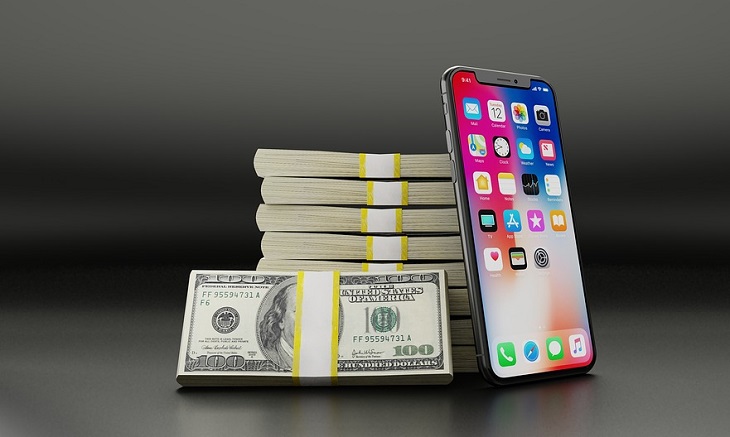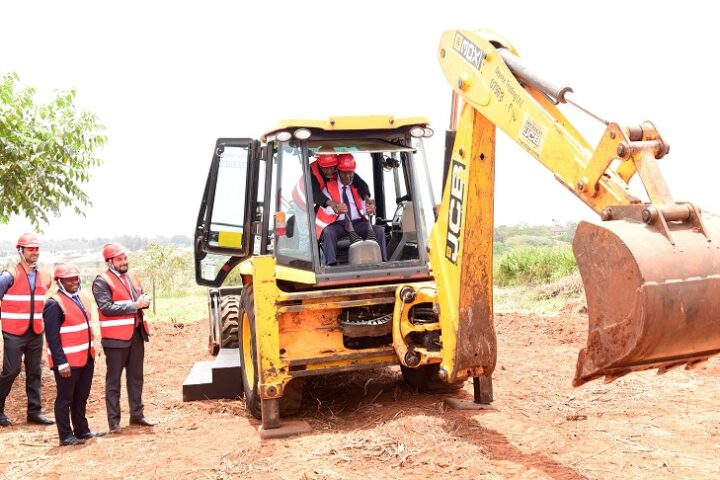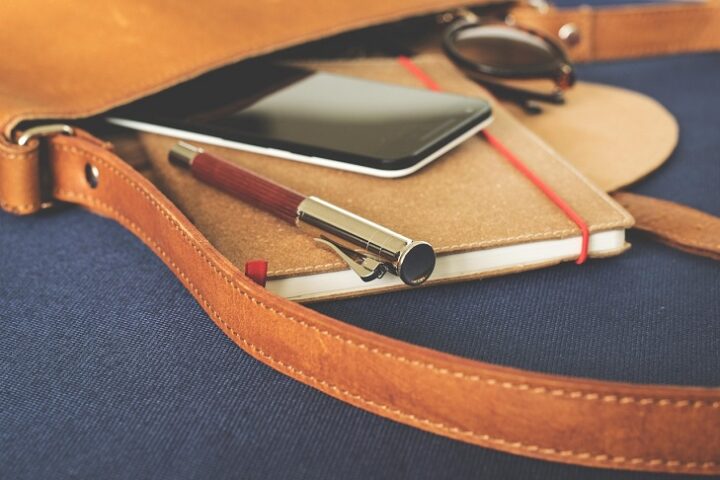Cases of bank accounts and digital money wallets being hacked and cash being stolen have been on the rise in Kenya. The most affected are those in small businesses, known as SMEs. Hackers often target them knowing that they do not have enough knowledge about cybercrime and how to protect themselves.
There is no doubt that mobile banking has gained prominence in Kenya. For years, Kenyans have been abandoning the handling of hard cash and opting for cashless modes of transactions such as the use of bank apps and M-Pesa, as well as other applications.
But is there a way one can prevent and protect their digital wallets? Yes. The safety of your money starts with you and here are a few steps:
Never share your PINs and passwords. Your PINs and passwords to your digital wallets belong to you alone. Sharing such important assets not only puts your funds in danger but exposes you to the world of hacking and crime. Pin yako ni siri yako.
Generate strong passwords for your digital wallets. If it is your M-Pesa number, avoid using your year of birth as pins. When you lose your phone and your ID to thugs, the first thing they try out is using your year of birth as your M-Pesa pin.
Avoid transacting money using public WiFis. Performing online financial transactions over open, public Wi-Fi connections poses significant cybersecurity risks due to the inherent lack of security controls on such networks. Cybercriminals can set up rogue Wi-Fi hotspots with names similar to legitimate public networks. Users may unknowingly connect to these malicious hotspots, allowing attackers to monitor and capture data.
Know your service provider and their mode of conversation. When using online and mobile money wallets, it’s crucial to prioritize security to protect your financial information and transactions.
Related Content: Here Is A Holistic Approach To Cyber Risk Management













